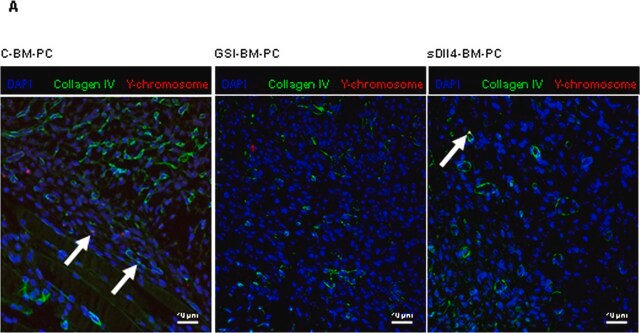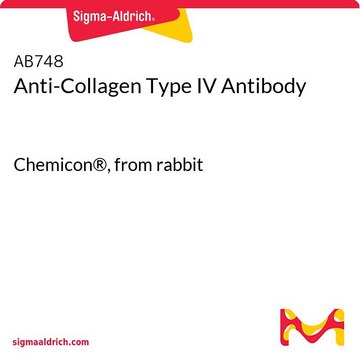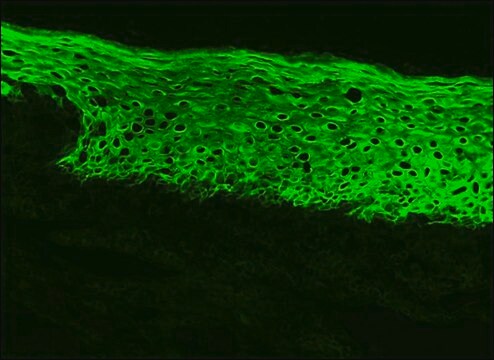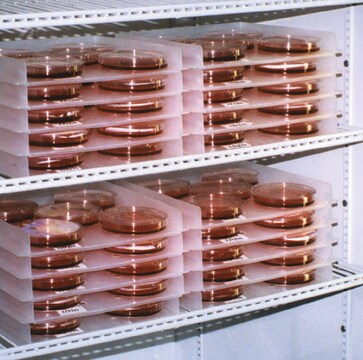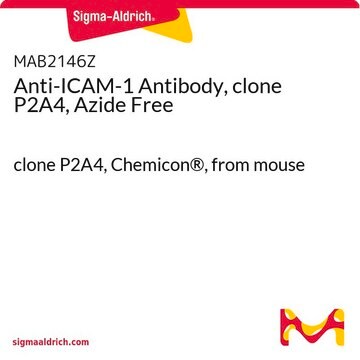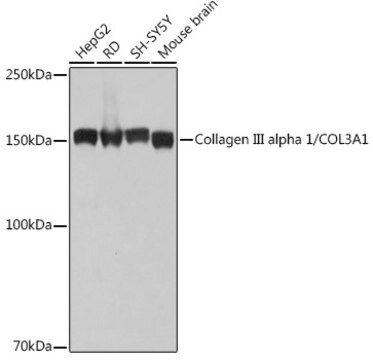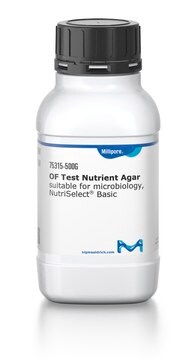MAB1379
Anti-CD54 Antibody, extracellular, clone 84H10
clone 84H10, Chemicon®, from mouse
Sinónimos:
ICAM-1
About This Item
Productos recomendados
biological source
mouse
Quality Level
antibody form
affinity purified immunoglobulin
antibody product type
primary antibodies
clone
84H10, monoclonal
species reactivity
human
should not react with
canine
manufacturer/tradename
Chemicon®
technique(s)
flow cytometry: suitable
immunohistochemistry: suitable
immunoprecipitation (IP): suitable
isotype
IgG1
suitability
not suitable for immunohistochemistry (Paraffin)
NCBI accession no.
UniProt accession no.
shipped in
wet ice
target post-translational modification
unmodified
Gene Information
human ... ICAM1(3383)
General description
Specificity
Immunogen
Application
Immunohistochemistry on frozen tissue sections: 1:20-1:50. Does not work on paraffin embedded tissue sections.
Immunoprecipitation: 5 μg/ 10e7 cells
Adhesion Blocking; blocks ICAM-1 mediated adhesion to LFA-1.
Optimal working dilutions must be determined by end user.
Cell Structure
Adhesion (CAMs)
Physical form
Storage and Stability
Other Notes
Legal Information
Disclaimer
¿No encuentra el producto adecuado?
Pruebe nuestro Herramienta de selección de productos.
Storage Class
12 - Non Combustible Liquids
wgk_germany
WGK 2
flash_point_f
Not applicable
flash_point_c
Not applicable
Certificados de análisis (COA)
Busque Certificados de análisis (COA) introduciendo el número de lote del producto. Los números de lote se encuentran en la etiqueta del producto después de las palabras «Lot» o «Batch»
¿Ya tiene este producto?
Encuentre la documentación para los productos que ha comprado recientemente en la Biblioteca de documentos.
Nuestro equipo de científicos tiene experiencia en todas las áreas de investigación: Ciencias de la vida, Ciencia de los materiales, Síntesis química, Cromatografía, Analítica y muchas otras.
Póngase en contacto con el Servicio técnico
